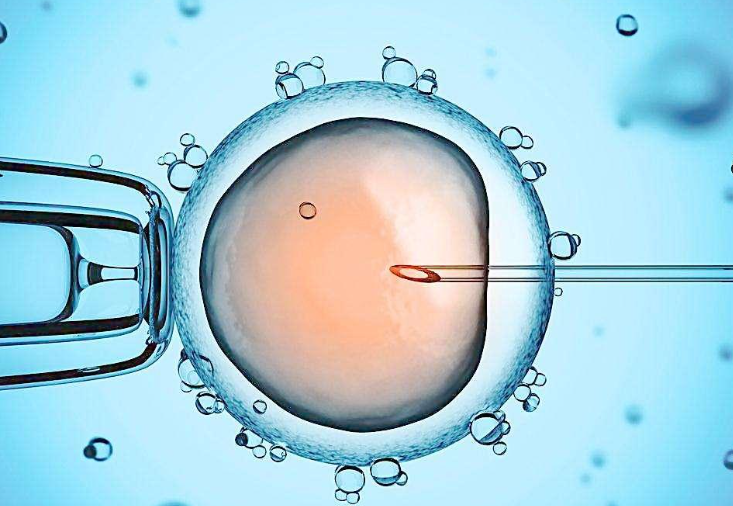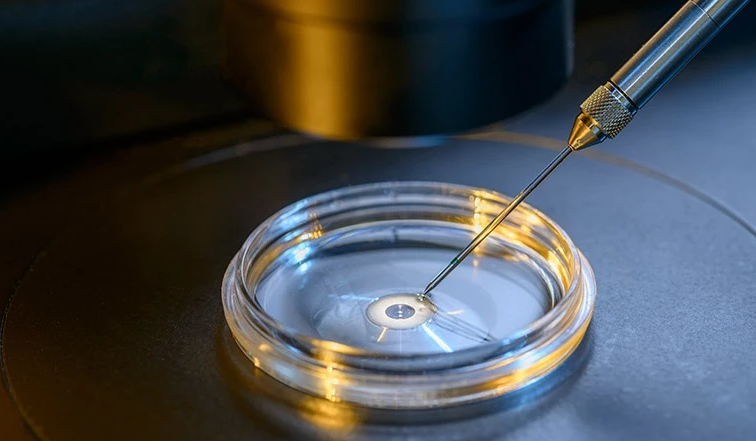Before deciding whether to become an egg donor, we always recommend that you learn more details, especially those related to health.
For example, there is a question we are often asked:
I have herpes, can I still donate eggs
If you happen to be thinking about this too, let me tell you some good news: having herpes doesn't necessarily mean being "rejected directly". Many times, this problem is not as serious as you imagine, it just needs to clarify some key points.
First, let's talk about the key points:
Women with herpes can participate in egg donation as long as they are not in the onset period. Because herpes does not spread through eggs, it does not affect the safety of the recipient. Of course, the specific situation still depends on the evaluation of the clinic, and the policies of each institution may vary.

What is herpes? Is it really that serious? Herpes is actually a very common viral infection - don't be scared by the words' sexually transmitted disease '. Its official name is herpes simplex virus (HSV), which is divided into two types:
HSV-1: It mainly appears near the mouth, like bubbles at the corners of the mouth, which you may already be familiar with; HSV-2: It mainly appears in the genital area and is commonly referred to as "genital herpes". Both of these viruses can be transmitted through intimate contact, and sometimes there is a risk of transmission even when you have no symptoms.
Does it sound a bit scary? Actually, it's not. In reality, many people carry the HSV virus, but they are not aware of it themselves. This doesn't mean 'you have a problem' - it's just a part of your body.
So, can herpes be transmitted to others through eggs? This question is crucial, please rest assured to listen carefully:
can't. Really, I won't.
Herpes virus does not exist in eggs, it is not a genetic disease, and it will not infect the recipient or future baby through your eggs.
So in most cases, as long as you are not currently experiencing an outbreak, that is, no new herpes, and no symptoms of infection, you are still a qualified egg donor.
Under what circumstances cannot donations be made? To put it simply, there is one situation:
You are currently experiencing an attack.
That is to say, if you have only recently developed herpes or are still experiencing frequent relapses, don't rush to donate yet.
Because at this time, the virus is active, the physical condition is unstable, and there is a certain risk of transmission - doctors usually advise you to wait until your body has stabilized before reassessing.
Similarly, if you also carry other viruses (such as HPV), some institutions may require complete recovery before considering egg donation.
Take care of yourself first before you have the ability to help others.
Each clinic has different standards. Although "can donate" is the general direction, we still recommend that you:
Proactively communicate with the target clinic.
Some clinics may require you to have no recurrence for several consecutive months, some may arrange additional examinations, and some may require you to provide past diagnostic records or medication history.
These are all normal and there is nothing to hide - honest communication is actually a manifestation of responsibility to oneself and others.

Finally, if you have herpes, don't immediately exclude yourself from the list of "can help others". You still have the ability to become the hope of others' lives, but this process may require a little more caution and patience.
We want to tell you:
You, who have herpes, deserve the right to have kind choices and the qualification to light up hope for a family.
As long as you are willing to understand, willing to cooperate with the process, and willing to take care of yourself - then you are already a very remarkable person.
If you would like to further understand the egg donation process, health assessment details, or confirm your eligibility, please feel free to contact us at any time. We won't judge anyone, we just want to accompany you and walk this path steadily and warmly.
You're ready, we'll wait for you here.

 简体中文
简体中文